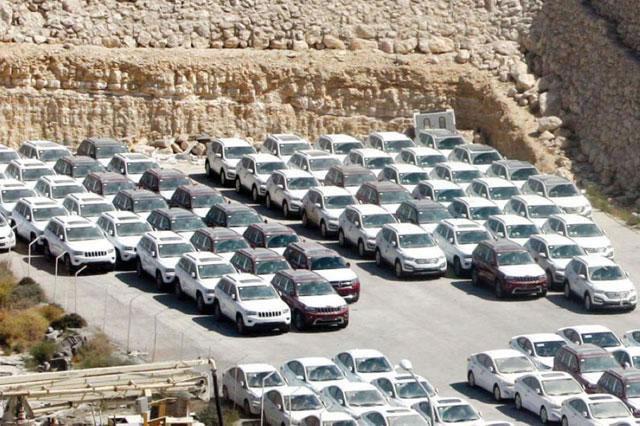- Local News
- Sun-2020-07-12 | 03:09 pm

"The situation is excellent, and we were surprised to see such a quick recovery, sales and figures in the local market are really good, as well as exportation,” President of the Jordanian Free Zones Investors Association (JFZIA) Mohammaed Bostanji told The Jordan Times on Saturday over the phone.
From June 1 to June 30, Bostanji said the figures regarding cleared vehicles into the local market were "surprisingly good”, but he could not divulge exact numbers as calculations are still in progress.
Nonetheless, Bostanji said in June of 2020, vehicles cleared for entry to the local market recorded around 40 per cent increase compared with June of 2019, while export figures are similar in the same comparison period.
He attributed the recovery to the government’s executive bundles launched starting from October last year, noting that the exemptions announced at the time have reflected on all types of vehicles: Fuel, diesel, hybrid and electric.
Moreover, Bostanji said that after the opening of economic sectors, free zones have "performed better" than the period from January 1 to mid-March when the crisis and lockdown measures started.
During a panel discussion the government held at the end of November to announce the second bundle of the government's comprehensive plan to stimulate the economy, Finance Minister Mohamad Al-Ississ announced that the government had lowered taxes on electric vehicles.
As for the weight tax, Al-Ississ at the time said that it was previously based on the vehicle's weight alone, which was "unjust", as someone buying an old model would have to pay the same taxes as someone buying a new model with the same weight.
Thus, the government abolished the weight tax and replaced it with a separate 4 per cent tax imposed on the estimated value of the vehicle.









